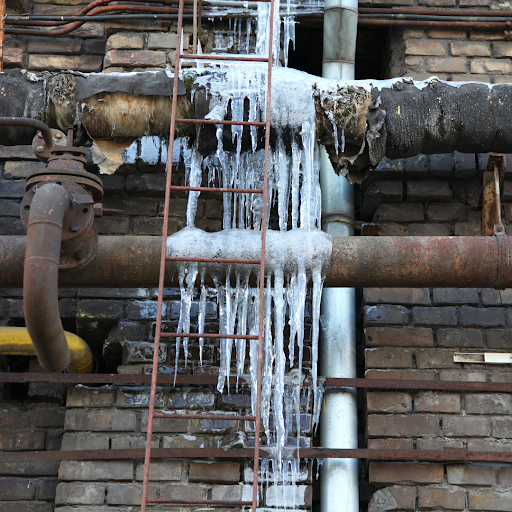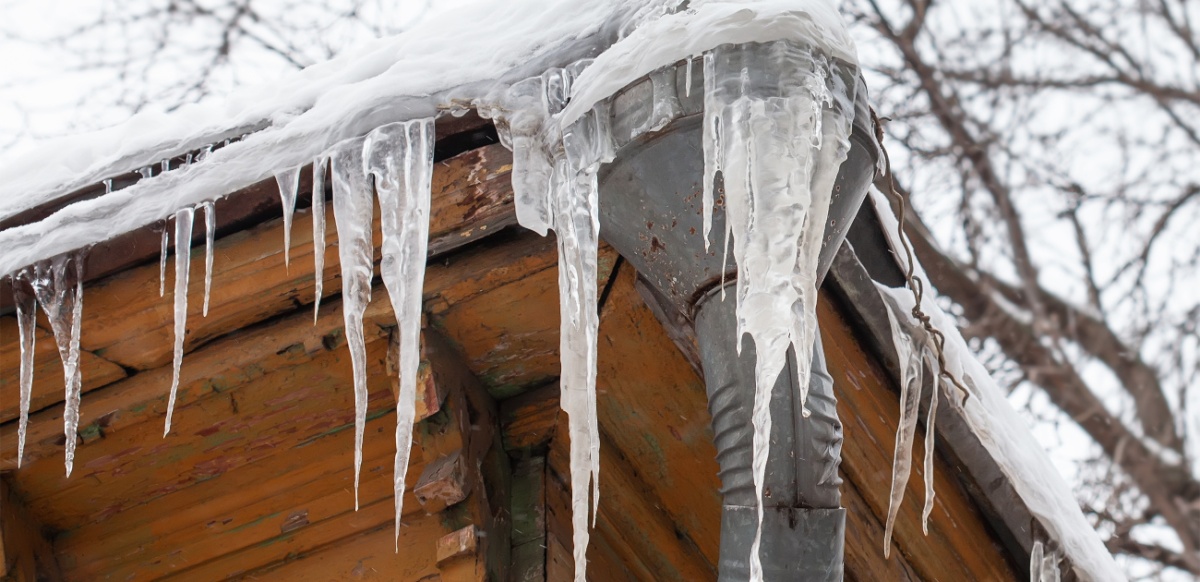Ways to Defend Pipes from Cold Weather: Professional Guidance
Ways to Defend Pipes from Cold Weather: Professional Guidance
Blog Article
In this article further down you might get a lot of brilliant insights about Preventing and dealing with frozen pipes.

Cold weather can ruin your plumbing, especially by freezing pipelines. Below's just how to stop it from taking place and what to do if it does.
Intro
As temperature levels decrease, the danger of frozen pipes rises, possibly causing expensive repair work and water damage. Recognizing exactly how to prevent frozen pipes is essential for homeowners in cold environments.
Understanding Frozen Pipes
What causes pipes to freeze?
Pipes freeze when revealed to temperatures listed below 32 ° F (0 ° C) for expanded periods. As water inside the pipes freezes, it increases, putting pressure on the pipeline walls and possibly triggering them to burst.
Threats and damages
Frozen pipelines can lead to water disruptions, building damage, and expensive repair services. Ruptured pipes can flood homes and create considerable structural damage.
Signs of Frozen Pipeline
Determining frozen pipes early can prevent them from bursting.
How to identify icy pipelines
Try to find reduced water circulation from faucets, unusual smells or sounds from pipes, and visible frost on revealed pipelines.
Avoidance Tips
Protecting prone pipes
Cover pipelines in insulation sleeves or utilize heat tape to shield them from freezing temperature levels. Focus on pipelines in unheated or external areas of the home.
Home heating methods
Keep interior rooms appropriately warmed, specifically areas with plumbing. Open up cupboard doors to enable cozy air to circulate around pipelines under sinks.
Safeguarding Exterior Plumbing
Garden tubes and outdoor faucets
Detach and drain pipes yard hoses before winter months. Install frost-proof spigots or cover exterior faucets with protected caps.
What to Do If Your Pipelines Freeze
Immediate actions to take
If you presume icy pipes, keep taps open up to ease stress as the ice thaws. Make use of a hairdryer or towels soaked in hot water to thaw pipelines gradually.
Long-Term Solutions
Architectural changes
Consider rerouting pipelines far from exterior walls or unheated areas. Add additional insulation to attics, basements, and crawl spaces.
Upgrading insulation
Purchase high-quality insulation for pipes, attics, and walls. Proper insulation helps keep constant temperatures and decreases the risk of icy pipelines.
Verdict
Preventing icy pipelines needs proactive actions and quick actions. By understanding the causes, indications, and preventive measures, home owners can safeguard their pipes during cold weather.
Helpful Tips to Prevent Frozen Pipes this Winter
UNDERSTANDING THE BASICS: WHY PIPES FREEZE AND WHY IT’S A PROBLEM
Water freezing inside pipes is common during the winter months, but understanding why pipes freeze, and the potential problems it can cause is crucial in preventing such incidents. This section will delve into the basics of why pipes freeze and the associated problems that may arise.
THE SCIENCE BEHIND FROZEN PIPES
When water reaches freezing temperatures, it undergoes a physical transformation and solidifies into ice. This expansion of water as it freezes is the primary reason pipes can burst. As the water inside the pipe freezes, it expands, creating immense pressure on the walls. If the pressure becomes too great, the pipe can crack or rupture, leading to leaks and water damage.
FACTORS THAT CONTRIBUTE TO PIPE FREEZING
Low Temperatures: Extremely cold weather, especially below freezing, increases the risk of pipes freezing. Uninsulated or Poorly Insulated Pipes: Pipes located in unheated areas, such as basements, crawl spaces, or attics, are more prone to freezing. Insufficient insulation or lack of insulation altogether exacerbates the problem. Exterior Wall Exposure: Pipes running along exterior walls are susceptible to freezing as they encounter colder temperatures outside. Lack of Heating or Temperature Regulation: Inadequate heating or inconsistent temperature control in your home can contribute to frozen pipes. PROBLEMS CAUSED BY FROZEN PIPES
- Pipe Bursting: As mentioned earlier, the expansion of water as it freezes can cause pipes to burst, resulting in significant water damage.
- Water Damage: When pipes burst, it can lead to flooding and water damage to your property, including walls, ceilings, flooring, and personal belongings.
- Structural Damage: Prolonged exposure to water from burst pipes can compromise the structural integrity of your home, leading to costly repairs.
- Mold and Mildew Growth: Excess moisture from water damage can create a favorable environment for mold and mildew growth, posing health risks to occupants.
- Disrupted Water Supply: Frozen pipes can also result in a complete or partial loss of water supply until the issue is resolved.
WHY CERTAIN PIPES ARE MORE PRONE TO FREEZING
- Location: Pipes located in unheated or poorly insulated areas, such as basements, crawl spaces, attics, or exterior walls, are at higher risk of freezing.
- Exterior Pipes: Outdoor pipes, such as those used for irrigation or exposed plumbing, are particularly vulnerable to freezing as they are directly exposed to the elements.
- Supply Lines: Pipes that carry water from the main water supply into your home, including the main water line, are critical to protect as freezing in these lines can affect your entire plumbing system.
- Underground Pipes: Pipes buried underground, such as those connected to sprinkler systems or outdoor faucets, can be susceptible to freezing if not properly insulated.
https://busybusy.com/blog/helpful-tips-to-prevent-frozen-pipes-this-winter/

Do you like reading up on 6 Ways to Prevent Frozen Pipes? Place feedback below. We would be pleased to know your opinions about this content. We hope that you come back again later on. Enjoyed our posting? Please share it. Let someone else locate it. Thank you so much for taking the time to read it.
More Details Report this page